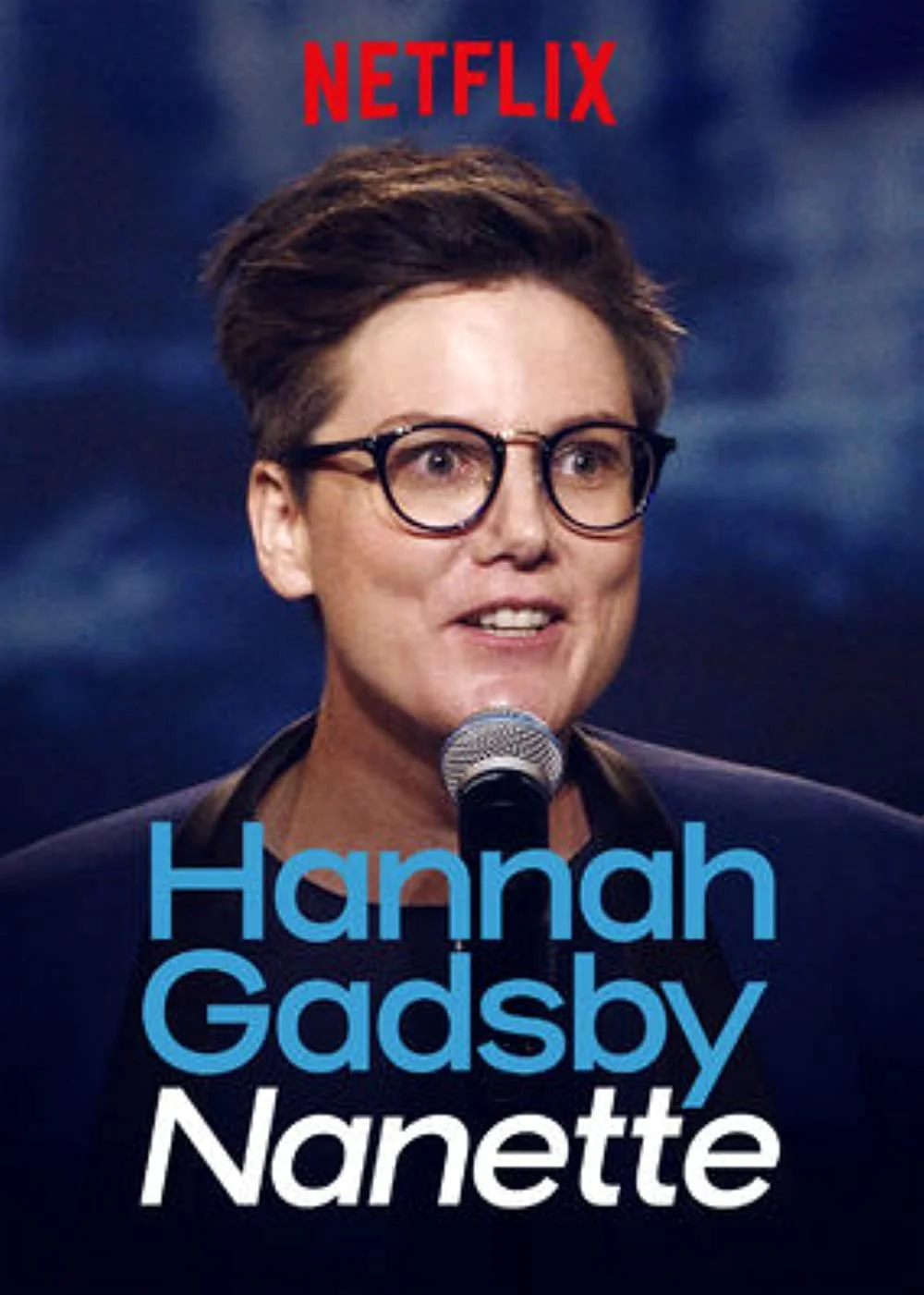Hannah Gadsby: Nanette
Netflix Special (2017)
Unlike the other Punk or Rock themed references, Hannah Gadsby’s Netflix special is relevant because it confronts many of the same themes as Bomb City and SLC Punk, but from an LGBT+ point of view. Growing up in a conservative community instilled in her a sense of fear and shame that developed into self-deprecating humor and self-hate. Some of my favorite quotes from the special are below -
Quotes
“By the time I realized or identified as being gay, it was too late… I was already homophobic.”
“You can’t just flick a switch on being who you are, so instead you internalize what you perceive as being wrong with yourself, and learn to hate yourself.”
“We think it’s more important to be right than to appeal to the humanity of those we disagree with… Ignorance will always walk amongst us.”
“Don’t waste time trying to figure out how you fit in… You don’t… (and shouldn’t want to).”
“Hate crimes go unreported because victims think that is all they are worth. That’s what happens when you soak (a young adult) in shame, and give permission for other people to hate.”
“Abnormal people carry a lot of tension around all of the time because it is dangerous to be different.”
“I don’t hate straight (preppy/jock) men. But I don’t want to be alone in a room with them. Because history tells us that they believe power belongs to them, but they can’t control their feelings or tension so they are often violent… So maybe that power shouldn’t belong to them.”
“When you soak a child in shame, they cannot develop the neurological pathways that carry thoughts of self-worth. Self-hate is a seed planted from outside and when planted in a child it becomes a weed that grows so fast and so deep that the child thinks it is as normal and natural as gravity.”
“We can paint a better world if we allow ourselves to see from more than one perspective. Diversity is strength, difference is a teacher. If you fear that which is different you will learn nothing.”
Synopsis
Gadsby uses Nanette to deconstruct the nature of comedy and its conventions by having her audience undergo the same tension which marginalized people suffer on a daily basis. She shares personal anecdotes related to her experiences as a lesbian and gender-nonconforming woman, explaining how her comedic style is influenced by her identity. Due to Gadsby's upbringing in conservative Tasmania, she was raised surrounded by people who believed they had a license to hate others, which induced her at a young age to accept prejudiced views towards queer people. To deal with the social inequality she faced, Gadsby says that she turned to self-deprecating humor. She realized that the self-deprecating humor common to standup comedy is doubly painful for marginalized people because it adds another voice to the chorus of people who already insult and belittle them. This led her to conclude that she can no longer do standup comedy and so she structures the piece around claiming she is giving up comedy.
In addition to the stories she shares about her lesbian and gender-nonconforming experiences, Gadsby relates personal stories about her comedy career, family, and university experiences among other things. Gadsby expresses the need to use stories in her comedy because she is frustrated with the form of standup comedy. She does not feel as if her story because her identity and victimization do not fit comfortably into society's narrative, is being listened to properly. The representation of her story through Nanette affords Gadsby hope that her experiences will be "felt and understood by individuals with minds of their own," and that her story will finally be heard.
Gadsby discusses the mental health of Vincent van Gogh. Later, she talks about Pablo Picasso's contributions to Cubism and how she regards him as a misogynist artist.

